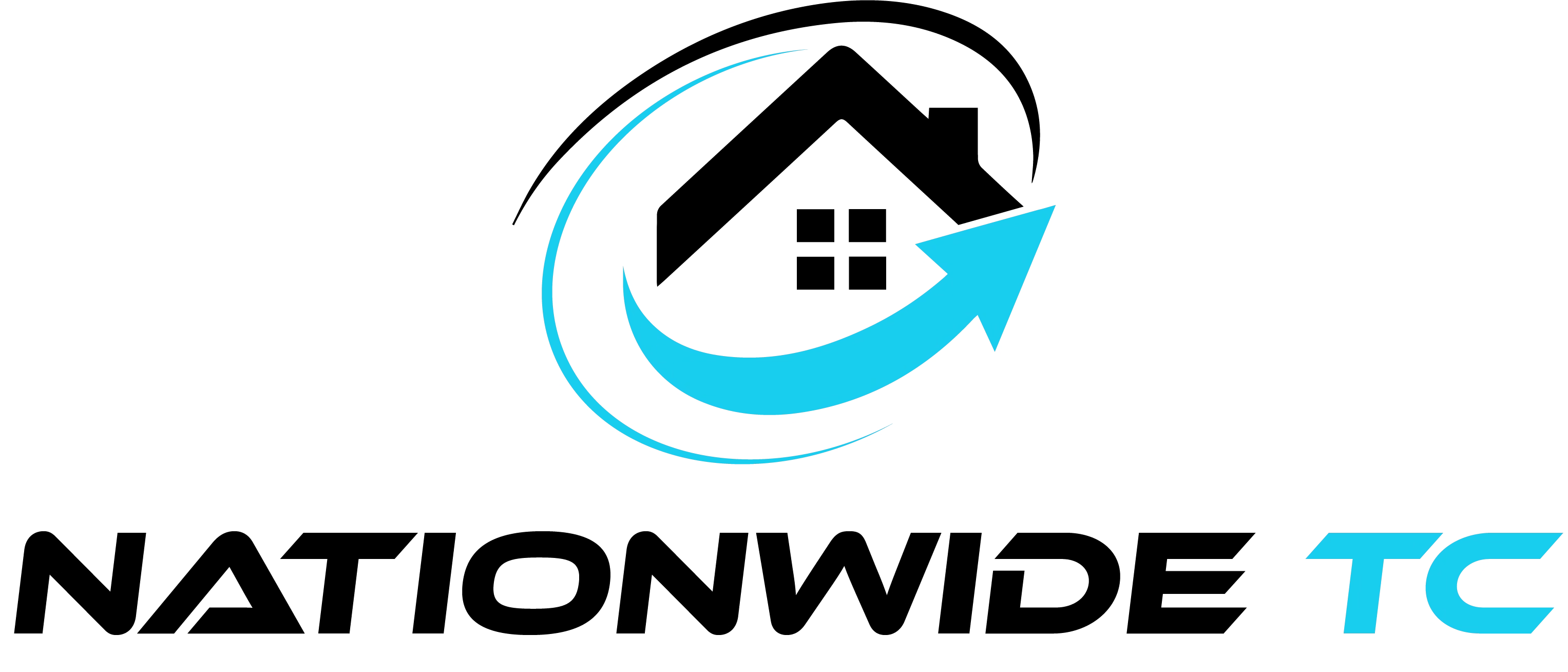No products in the cart.

Pros and Cons of Hard Money Loans for Real Estate
When purchasing real estate, investors often explore diverse financing options, with the Hard Money Loan being a popular choice. However, this type of loan offers unique benefits and challenges that can significantly impact an investor’s success. Therefore, in this blog, we’ll break down the advantages and disadvantages to help you decide if it’s the right fit for your next project.
What Is a Hard Money Loan?
A hard money loan is a short-term financing option secured by real estate. Unlike traditional loans, these loans come from private lenders or investor groups. The value of the property acts as the primary basis for approval. Borrowers often use these loans for fix-and-flip projects, land purchases, or other real estate ventures.
The Benefits of Using a Hard Money Loan
Faster Approval Process
Unlike conventional loans, hard money loans have a streamlined approval process. Traditional lenders evaluate credit history, income, and debt. However, hard money lenders focus on the property’s value. As a result, you can often secure funding in a matter of days.
Flexible Loan Terms
These loans provide greater flexibility compared to traditional financing. Lenders often negotiate terms that fit both parties’ needs. For instance, you can agree on custom repayment schedules or loan extensions.
Easier Approval for Borrowers with Poor Credit
Conventional lenders reject applicants with low credit scores or inconsistent income. On the other hand, hard money loans rely on the collateral’s value. Consequently, borrowers with financial challenges have a better chance of obtaining approval.
Leverage for Real Estate Opportunities
Real estate investors use these loans to seize opportunities quickly. When a lucrative deal appears, there’s no time to wait for a lengthy traditional loan process. By using a hard money loan, you can act fast and secure the property.
No Need for Extensive Documentation
Traditional loans often require extensive documentation, including tax returns and employment verification. Hard money loans simplify this process. Lenders prioritize the asset’s value, so they usually request minimal paperwork.
The Drawbacks of a Hard Money Loan
High Interest Rates
The convenience of a hard money loan comes with higher costs. Interest rates for these loans typically range from 8% to 15%. In comparison, traditional loans offer much lower rates. Over time, the high rates can significantly increase your expenses.
Short Repayment Period
Hard money loans often have short repayment terms, ranging from six months to three years. While this timeline works for short-term projects, it’s not ideal for long-term investments. Borrowers must have a clear exit strategy to repay the loan on time.
Risk of Losing Collateral
Since these loans are secured by real estate, defaulting on payments can lead to property loss. Lenders have the right to seize the collateral if borrowers fail to meet repayment terms. Therefore, it’s crucial to ensure you can repay the loan before proceeding.
Limited Loan-to-Value Ratios
Hard money loans typically offer a lower loan-to-value (LTV) ratio than traditional loans. Most lenders provide around 60% to 75% of the property’s value. As a result, borrowers must cover the remaining costs out of pocket, which can strain finances.
Not Suitable for All Projects
These loans work best for short-term ventures like fix-and-flips. Long-term projects requiring extended financing may face challenges. Borrowers should carefully assess their project’s timeline before choosing this option.
Factors to Consider Before Choosing a Hard Money Loan
Assess Your Financial Situation
Before applying for a hard money loan, evaluate your finances. Consider whether you can manage high-interest rates and a short repayment period. Additionally, ensure you have sufficient funds for the down payment and unexpected expenses.
Analyze the Property’s Value
Lenders base their decisions on the property’s value. Conduct thorough research to determine if the property is worth the investment. A professional appraisal can help you understand its market value and potential profitability.
Develop a Clear Exit Strategy
A successful exit strategy is essential for repaying your hard money loan. Common strategies include selling the property, refinancing, or generating rental income. Ensure your plan aligns with the loan’s repayment timeline.
Compare Lenders
Not all hard money lenders are the same. Research various lenders to find competitive rates and favorable terms. Read reviews, ask for recommendations, and compare offers to secure the best deal.
Understand the Risks
Every investment carries risks, and hard money loans are no exception. Understand the potential downsides, such as property loss or financial strain. Being aware of these risks can help you make an informed decision.
Alternatives to a Hard Money Loan
Conventional Loans
Traditional loans offer lower interest rates and longer repayment terms. While the approval process is slower, they are ideal for long-term projects. Borrowers with strong credit and stable income should consider this option.
Private Money Loans
Private money loans are similar to hard money loans but often come from friends or family. These loans may have more flexible terms and lower interest rates. However, mixing business and personal relationships requires careful consideration.
Home Equity Loans
Home equity loans allow you to borrow against your property’s equity. These loans provide lower interest rates and longer terms than hard money loans. However, they require an existing property with sufficient equity.
Joint Ventures
Partnering with another investor can reduce financial burdens. In a joint venture, both parties share profits, risks, and responsibilities. This option works well for investors looking to pool resources.
When a Hard Money Loan Makes Sense
Fix-and-Flip Projects
These loans are ideal for fix-and-flip projects due to their short terms and quick approval. Investors can renovate properties and sell them quickly to repay the loan.
Time-Sensitive Opportunities
Real estate deals often require fast action. A hard money loan enables investors to secure properties before competitors.
Borrowers with Limited Options
For borrowers with poor credit or unconventional income sources, hard money loans provide an accessible financing option. They offer opportunities that traditional lenders might not.
Tips for Successfully Using a Hard Money Loan
Work with Reputable Lenders
Choose experienced and trustworthy lenders to avoid scams or unfavorable terms. A reputable lender ensures a smoother process.
Plan for Contingencies
Unexpected issues can arise during real estate projects. Set aside additional funds to cover delays or cost overruns.
Stick to Your Timeline
Hard money loans have strict repayment schedules. Completing your project on time is crucial to avoid financial penalties.
Monitor Market Conditions
Stay informed about real estate market trends. Changes in the market can impact property values and your ability to repay the loan.
Conclusion
A hard money loan can be a valuable tool for real estate investors, offering quick funding and flexibility. However, it also comes with high costs and risks that require careful consideration. Therefore, by weighing the pros and cons, understanding your financial situation, and developing a solid plan, you can decide whether this financing option suits your needs. Ultimately, successful investments rely on informed decisions and thorough preparation.
Click Here to Learn More About Hard Money Loans and Other Lending Services!
Book a Free 15 Minute Call Today and Find Out More About Our Services!










